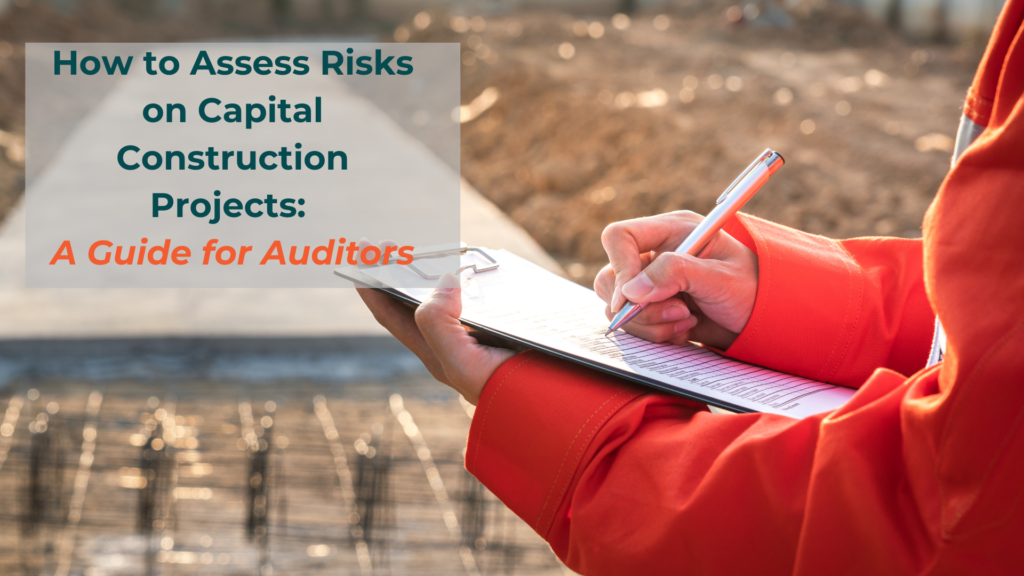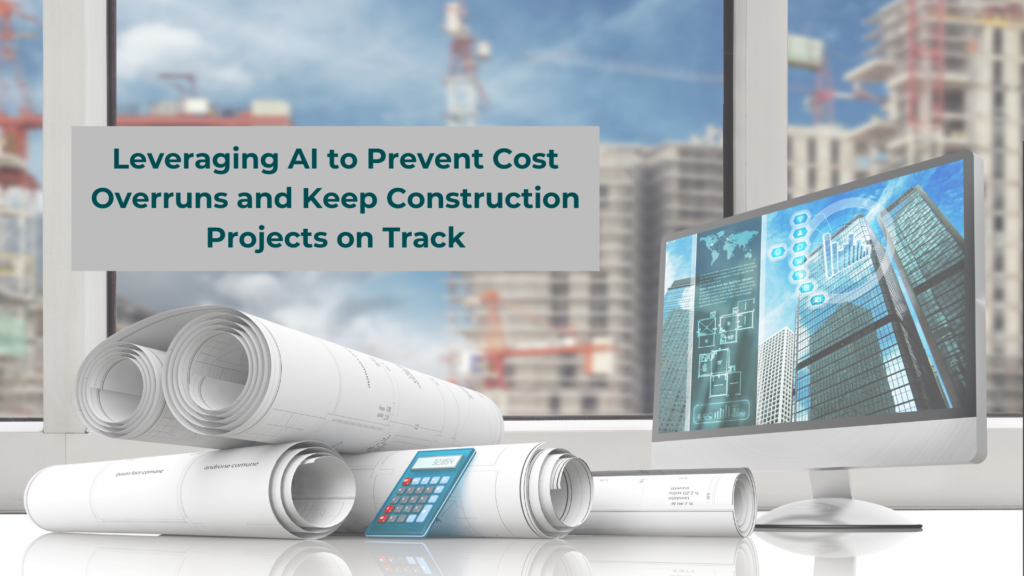Mastering Construction Insurance: Protect Your Project from Start to Finish

Mastering Construction Insurance: Protect Your Project from Start to Finish
Common Mistakes to Avoid When Selecting a General Contractor

Common Mistakes to Avoid When Selecting a General Contractor
How to Assess Risks on Capital Construction Projects: A Guide for Auditors

Capital construction projects are inherently complex and high-risk endeavors. Effective risk assessment is crucial for auditors to identify, evaluate, and prioritize risks, ensuring that projects are completed on time, within budget…
The Importance of Financial Vigilance in Construction Projects

In the world of construction, managing costs effectively is crucial for the success and sustainability of any project. A recent comment highlighted a common yet flawed mindset: “Don’t worry about the costs. The client will pay for it.” This approach, unfortunately, led to the downfall of an engineering firm. In contrast, a philosophy centered on […]
The Importance of Scheduling in Construction Projects

Effective scheduling is a cornerstone of successful construction projects. It ensures that all activities are planned, resources are allocated efficiently, and timelines are adhered to. Here, we will explore how scheduling can benefit projects, the role of consultants in
The Value of a Certified Construction Advisor & Consultant for Capital Construction Projects

Ever wondered why your construction project keeps hitting unexpected delays and costs despite meticulous planning? You might be surprised to learn that the missing piece could be a certified construction advisor or consultant! Capital construction projects are complex undertakings that require meticulous planning, execution, and oversight. Without proper management, these projects can suffer from cost […]
Leveraging AI to Prevent Cost Overruns and Keep Construction Projects on Track

Artificial Intelligence (AI) is revolutionizing the construction industry, offering innovative solutions to longstanding challenges such as cost overruns and project delays. Construction advisors and consultants can harness AI to enhance project management, improve efficiency, and ensure successful project outcomes.
From Chaos to Control: How Communication Keeps Projects on Budget

Budget overruns are an all-too-familiar problem in construction projects. If you’ve ever found yourself asking, “Where did the money go?” or scrambling to explain mounting costs, you’ve likely felt the frustration that comes from poor communication. The truth is, unresolved budget issues are often rooted in misaligned goals, unclear expectations, and disjointed communication between teams.
So, what’s the solution?
## Improving Communication to Control Costs
Proactive, cross-disciplinary communication is powerful in preventing misunderstandings, delays, and cost overruns on construction projects. By getting on the same page early—and staying there—you can develop strategies to mitigate these risks.
Successful communication is more than just talking; it’s about having a clear system for sharing goals, risks, updates, and responsibilities. Think of it like an orchestra: every section (or team) must be in sync to produce a harmonious result: a project that is on time and on budget. By integrating clear planning, regular updates, and a culture of shared responsibility, you can keep your budget in check and ensure smoother project delivery every time.
**Surprising fact:** Scope creep—uncontrolled changes or continuous growth in a project’s scope—is one of the biggest reasons construction budgets spiral out of control. Early and frequent communication with clients and other stakeholders is crucial to running a smooth project that doesn’t go over budget.
Now, imagine your stakeholders are communicating regularly and clearly. What else keeps projects on track and on budget?
The Cost Crisis in Construction: Why Most Projects Go Over Budget—and How to Break the Cycle

For professionals in construction—whether you’re a project manager, engineer, construction auditor, accountant, or expert witness—the problem of cost overruns is an all-too-familiar challenge. Even with thorough planning, most construction projects exceed their budgets, leading to frustrated stakeholders and financial losses.
Why does this happen, and how can you avoid cost overruns on your projects?
